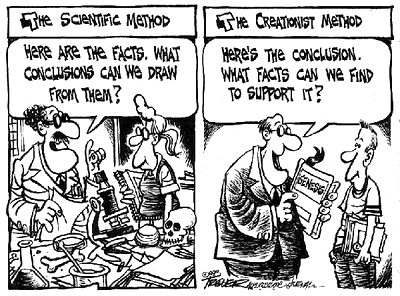Starlight
Spiritual but not religious, new age and omnist
This is the best explanation to the question about violence in the old testament. This explanation helped me to understand that God in the Bible is really loving. God wants the best for us. This explanation can help you grow stronger in your faith in God.
The explanation from a catholic priest:
First part
We know that God is all good and all loving. In fact, “God is love” (1 John 4:8). And yet, in the Old Testament, we find various scenes in which God’s people are called to “destroy” other nations.
Troublesome passages remind us why it is so important to understand how to interpret Scripture “in accordance with the Spirit who inspired it” (see Catechism of the Catholic Church 111-114). Based on this text alone, without proper context, it’s easy to see why someone might think that God commands evil. If we are to understand what is happening here, then we need to keep in mind the following criteria for biblical interpretation:
- Pay attention to the “content and unity of the whole of Scripture” (CCC 112). In other words, the rest of Scripture should help to make sense of this passage. So we can turn to similar passages of the Bible to help shed light on this question
- Read the Bible in light of the “living Tradition” of the Church (CCC 113). We have to take into account what God has revealed to us not only in the written words of Scripture, but also in Sacred Tradition. The Church’s teaching on the command, “Thou shalt not kill,” is that “no one can under any circumstance claim for himself the right directly to destroy an innocent human being” (CCC 2258).
- We need to remember that there is a “coherence of truths of the faith” (CCC 113). This means that our faith is not self-contradicting. We cannot say it was morally acceptable for the Israelites to kill innocent people then, but that it is no longer acceptable in our day.
So if God is good, and it’s never morally acceptable to intentionally destroy an innocent person, how are we to understand this? Consider what St. Augustine said about difficult passages of Scripture:
“… if in the Scriptures I meet anything which seems contrary to truth, I shall not hesitate to conclude either that the text is faulty, or that the translator has not expressed the meaning of the passage, or that I myself do not understand” (St. Augustine, Ep. 82, i. et crebrius alibi).
We know it’s never morally acceptable to intentionally kill innocent persons. We also know that God is all good. So what was God asking Israel to do in this passage? Was he calling them to act in an evil way by killing innocent persons? Two other stories in Scripture should help to answer this question.
The explanation from a catholic priest:
First part
We know that God is all good and all loving. In fact, “God is love” (1 John 4:8). And yet, in the Old Testament, we find various scenes in which God’s people are called to “destroy” other nations.
Troublesome passages remind us why it is so important to understand how to interpret Scripture “in accordance with the Spirit who inspired it” (see Catechism of the Catholic Church 111-114). Based on this text alone, without proper context, it’s easy to see why someone might think that God commands evil. If we are to understand what is happening here, then we need to keep in mind the following criteria for biblical interpretation:
- Pay attention to the “content and unity of the whole of Scripture” (CCC 112). In other words, the rest of Scripture should help to make sense of this passage. So we can turn to similar passages of the Bible to help shed light on this question
- Read the Bible in light of the “living Tradition” of the Church (CCC 113). We have to take into account what God has revealed to us not only in the written words of Scripture, but also in Sacred Tradition. The Church’s teaching on the command, “Thou shalt not kill,” is that “no one can under any circumstance claim for himself the right directly to destroy an innocent human being” (CCC 2258).
- We need to remember that there is a “coherence of truths of the faith” (CCC 113). This means that our faith is not self-contradicting. We cannot say it was morally acceptable for the Israelites to kill innocent people then, but that it is no longer acceptable in our day.
So if God is good, and it’s never morally acceptable to intentionally destroy an innocent person, how are we to understand this? Consider what St. Augustine said about difficult passages of Scripture:
“… if in the Scriptures I meet anything which seems contrary to truth, I shall not hesitate to conclude either that the text is faulty, or that the translator has not expressed the meaning of the passage, or that I myself do not understand” (St. Augustine, Ep. 82, i. et crebrius alibi).
We know it’s never morally acceptable to intentionally kill innocent persons. We also know that God is all good. So what was God asking Israel to do in this passage? Was he calling them to act in an evil way by killing innocent persons? Two other stories in Scripture should help to answer this question.
Last edited:

